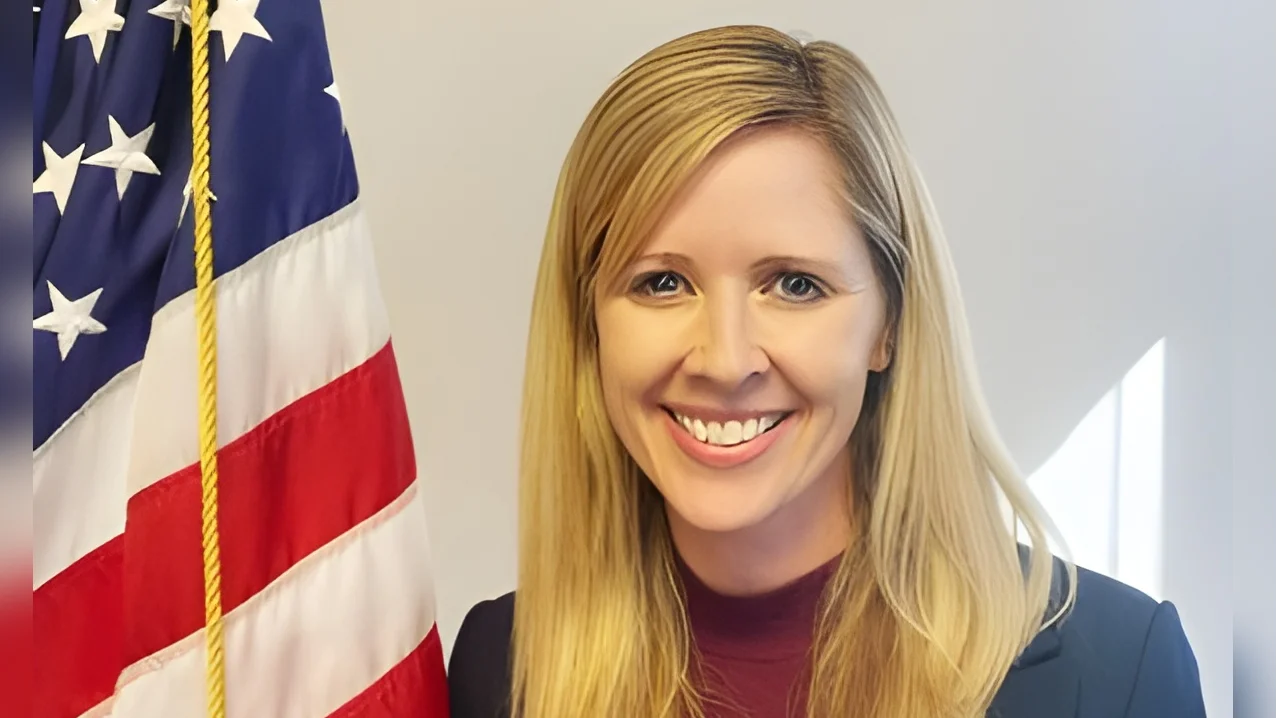Natonia Johnson, a 52-year-old Baltimore resident, pleaded guilty to one count of wire fraud for her role in a bribery scheme involving the Maryland Department of Labor’s unemployment insurance program. The announcement was made by Kelly O. Hayes, U.S. Attorney for the District of Maryland, along with officials from the U.S. Department of Labor – Office of Inspector General and Homeland Security Investigations.
Johnson admitted that between June 2020 and November 2021, she helped friends, family members, and others file fraudulent claims for unemployment insurance (UI) benefits in exchange for bribes and kickbacks. She initially assisted claimants by uploading false documents and claiming they were self-employed. Later, as a contractor at an MD-DOL call center, Johnson used her access to internal databases to remove holds and flags on accounts that indicated ineligibility for benefits. She also backdated claims and removed fraud alerts, causing more than $250,000 in improper UI payments to be issued.
According to prosecutors, Johnson received between $200 and $500 from each person whose claim she facilitated. Unemployment insurance is a joint state-federal program intended to provide temporary financial assistance to eligible workers who lose their jobs through no fault of their own. During the COVID-19 pandemic, federal programs expanded eligibility and increased benefits under measures such as the Pandemic Unemployment Assistance Program and Federal Pandemic Unemployment Compensation.
Johnson faces up to 20 years in prison and three years of supervised release. Sentencing is scheduled for January 6, 2026. The actual sentence will be determined by a federal judge based on the U.S. Sentencing Guidelines and other factors.
The case was investigated as part of the District of Maryland Strike Force—one of five such groups established by the U.S. Department of Justice to address large-scale COVID-19 relief fraud connected to legislation like the CARES Act. These strike forces are interagency efforts aimed at prosecuting pandemic-related financial crimes carried out by criminal organizations or transnational actors.
Anyone with information about attempted COVID-19 fraud can report it through the Department of Justice’s National Center for Disaster Fraud hotline or online complaint form (https://www.justice.gov/disaster-fraud/ncdf-disaster-complaint-form). More details on DOJ’s response to pandemic-related crime are available at https://www.justice.gov/coronavirus.
U.S. Attorney Hayes stated: “U.S. Attorney Hayes commended the DOL-OIG and HSI for their work in the investigation. Ms. Hayes thanked Assistant U.S. Attorney Joseph L. Wenner who is prosecuting the federal case. She also recognized the Maryland COVID-19 Strike Force and Paralegal Specialist Joanna B.N. Huber for their valuable assistance.”
Additional resources about reporting fraud or learning more about the Maryland U.S. Attorney’s Office can be found at https://www.justice.gov/usao-md and https://www.justice.gov/usao-md/community-outreach.





